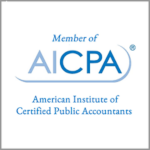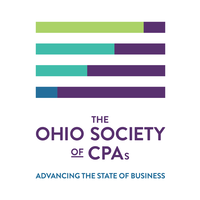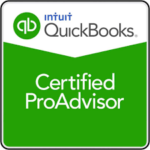From the KM&M CPAs Newsletter/Thomson-Reuters —
This may be the year to do what you normally avoid: filing an amended return
Ordinarily, an amended tax return is only filed when an error or omission is discovered after a return has been filed. Even then, you might decide not to amend in situations where the resulting tax reduction wouldn’t be significant enough to justify the cost of preparing and filing the amending return.
That said, with the current COVID-19 situation, any opportunity to put a little money back in your pocket is worth pursuing.
All three of the major tax laws passed within the last six months contain retroactive provisions that could make amending your 2018 and/or your 2019 return (if already filed) worth the cost.
The SECURE Act repealed the changes to the “Kiddie Tax” brought about by the TCJA. Under the TCJA, if your child was subject to the Kiddie Tax in 2018, his or her net unearned income in excess of $2,100 was taxed using estate and trust brackets instead of your marginal rate.
“With the current COVID-19 situation, any opportunity to put a little money back in your pocket is worth pursuing.”
Since higher tax rates are reached at much lower income levels for estates and trusts than for individuals, it’s quite possible that your child paid more tax than necessary in 2018 (if you weren’t in the higher brackets).
Since the change is retroactive (at the taxpayer’s election), it might make sense to review your child’s 2018 return to see if it would be beneficial to amend.
The Disaster Act also made several retroactive changes that could lead to a situation where amending a prior-year return makes sense.
If you had any debt forgiven on your principal residence and included that amount in income in 2018, we can amend your return to exclude that cancellation of debt income.
If you paid Mortgage Insurance Premiums (PMI) in 2018 and itemized your deductions for that year, those payments can be included with other mortgage interest expense and deducted on an amended return.
In addition, the Disaster Act brought back, among other things, the deduction for eligible tuition and fees and the credit for qualified energy saving improvements made to your home.
The CARES Act also contains multiple retroactive tax law changes that may have a significant effect on small business owners, including revised Net Operating Loss (NOL) rules, accelerated depreciation options, and other provisions that may allow a larger deduction than would have been available prior to the CARES Act.
Whether you’re a direct owner of a sole proprietorship or own a business through a pass-through entity (such as a partnership or an LLC), you may be able to take advantage of one or more of these retroactive changes.
Contact Us
Do business with a different kind of CPA firm – the CPA Advisory Group
Visit Us
131 Dilmont Dr., Suite 200
Columbus, OH 43235
CPA Advisory Group, Inc.
Leading Small Businesses and Individuals to Success






